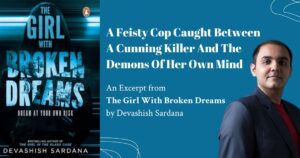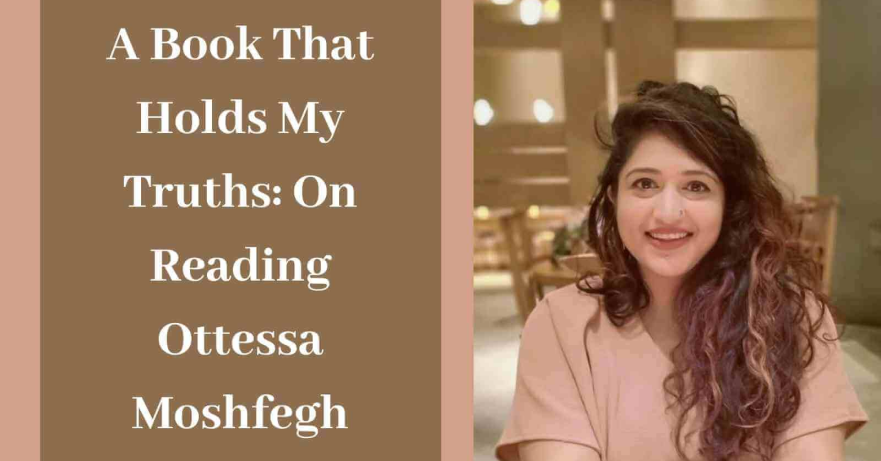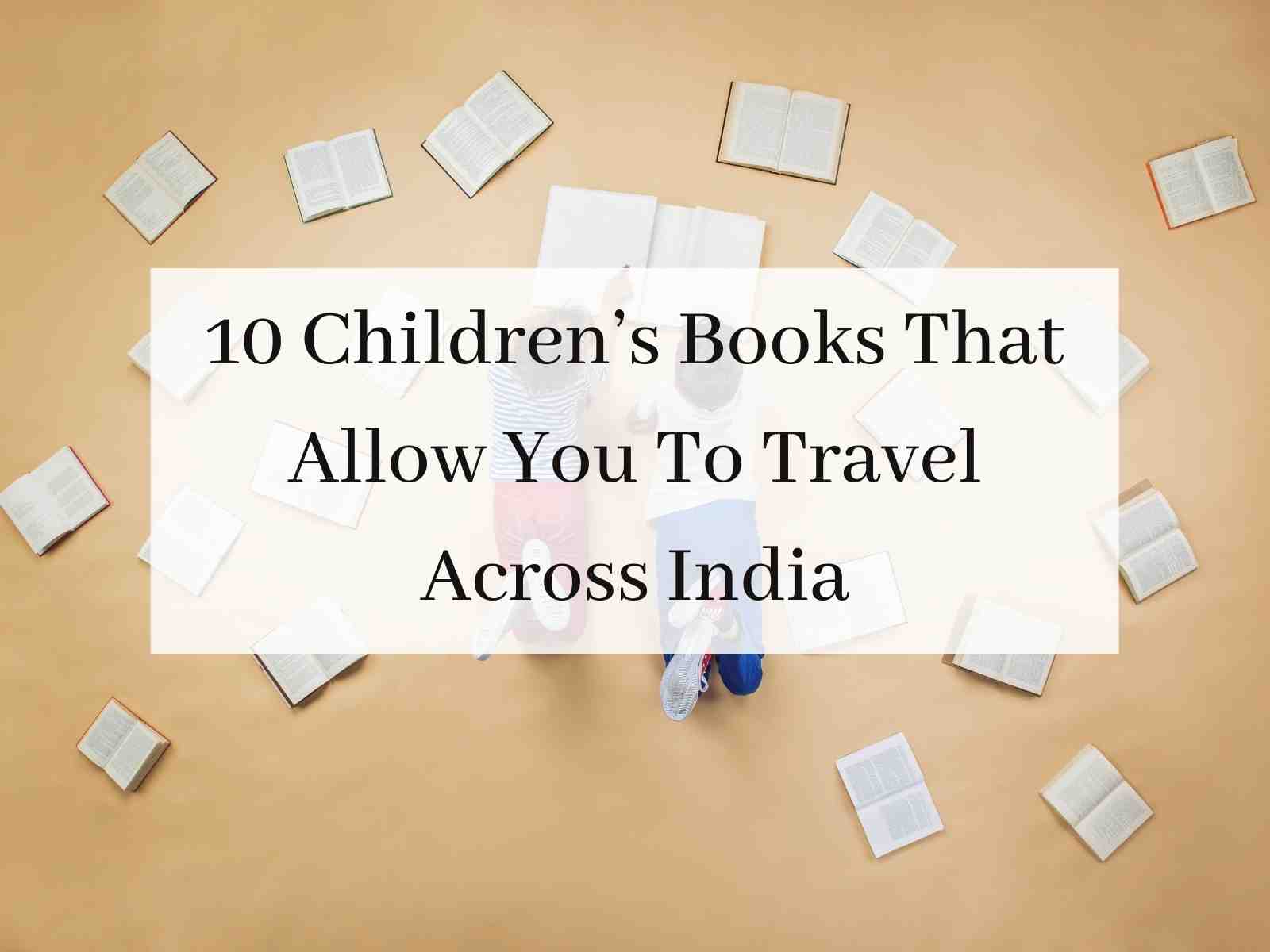Illustrated by Nidhi Joshi @thatnoviceartist
(Winner of Bound’s Food Essay Contest)
The first time I had coriander chicken curry after my mother’s death, I held my face in my palms and cried for an hour.
Nearly an entire year had passed since she bid us goodbye. I had witnessed the cycle of seasons. I had heard the condolences my relatives had to offer. I had seen her plants lie in confusion, not knowing why they weren’t being tended to.
I had come back home, although it no longer felt like one. Standing in the room where she once stood, I wore her beige Bata sandals. I had draped her cotton sarees on my body. I had slipped her gold bangles onto my wrist. I had rewatched Shakun Batra’s Kapoor and Sons, a film we loved to the core. I had read poetry about life, death, and everything in between. I had written poetry about life, death, and everything in between.
“Yet, I had avoided making the recipe which was so close to our relationship. I was afraid. Afraid that as I bit into the chicken pieces, a part of me would collapse. A memory of her would enter and consume me. It would take over my body and derail the strength it took each day to go on in her absence.”
And I had gone through most of the seven stages of grief.
Yet, I had avoided making the recipe which was so close to our relationship. I was afraid. Afraid that as I bit into the chicken pieces, a part of me would collapse. A memory of her would enter and consume me. It would take over my body and derail the strength it took each day to go on in her absence.
The flavours would remind me of places I no longer had the heart to go back to. Like the KFC outlet near our house. The first time I took her there, she waited excitedly to bite into the pieces of popcorn chicken I was so obsessed with. The excitement was very short-lived. One bite was all it took for her to make a face. “You call this chicken? It’s so dry!”, she exclaimed. She never had KFC again.
In fact, she never quite liked the different types of chicken curries we had at restaurants. She always felt that the one she made was better. I only understood later that she loved it as much for its taste, as the memories it carried with it.
The recipe for the curry had, after all, been passed on to her by her mother.
*
My mother was born in the eastern state of Bihar, in a village which lay in the Gangetic plains. She was the eldest daughter in a family of six siblings. All of them lived together. While each of them had very contrasting personalities and taste buds, they all loved one thing. Chicken coriander curry.
“Like many other villages in India, coexistence meant leading lives in separate boxes, with little spillovers. In order to get chopped meat, one would have to get on a motorbike and travel three kilometers. That’s where those selling meat usually lived.”
In a family of limited means, chicken was a luxury. More often than not, potatoes would be added to the curry to increase its quantity. Yet, there was never enough to let everyone eat till their stomachs were full. Eating and preparing chicken was also a communal act. Sometimes, multiple families living close by would prepare it on the same night. Utensils were shared. Wood was brought in from farms to set up fires.
They would all sit together in the open courtyard, mix rice with the curry, and eat with their hands. Laughter and gossip were garnish. It resembled a festival.
It was also one of the few links between the “Hindu” and “Muslim” parts of the village. Like many other villages in India, coexistence meant leading lives in separate boxes, with little spillovers. In order to get chopped meat, one would have to get on a motorbike and travel three kilometers. That’s where those selling meat usually lived.
When communal tensions flared up, meat had to be sacrificed. My mother once told me about how in the year 1989, riots broke out in Bhagalpur, a district in Bihar, located three hours away from her village. Nearly 1,000 lives were lost, most of them Muslim. As a result, conflicts simmered in her village too. For a month, no one had meat. But few could resist longer. My mother’s brother was one of them. One fine day, he took out his humble Bajaj scooter, and drove it to the meat shop. When the smell of the curry prepared by my grandmother filtered through the window sills into other homes, others found their way back to the meat shop too.
“In many instances over the next few years, eating chicken somehow became political.”
My mother and I were reminded of this incident in strange situations. For instance, in 2017 tensions flared up between the two communities in our South Delhi locality. Why? Because two adults, one Hindu and one Muslim, had been in love and eloped. However, both sides accused the other of deception and force. As expected, the shop where my mother bought the meat from was shut for a week.
“I never thought this would happen in Delhi too. I used to think it only happens in small villages”, she said to me.
In many instances over the next few years, eating chicken somehow became political. My father, for one, gave up meat, citing personal religious beliefs. Bigotry entered homes in South Delhi, hatred screamed from news channels in Noida. We realized the walls we had made between cities and villages were often imaginary.
*
Ten years ago, my mother’s mother had a paralysis attack which she never recovered from. In her bed-ridden state, she told her kids the recipe behind the curry. On days when nothing else helped, tasting its gravy helped her find the will to carry on.
“I think we often romanticize our mothers working in kitchens because we mostly see them doing that. But I’m sure doing it every day is nothing more than a chore. My mother liked the world outside the home more, she was a housewife with a PhD.”
My mother did not love cooking. I think we often romanticize our mothers working in kitchens because we mostly see them doing that. But I’m sure doing it every day is nothing more than a chore. My mother liked the world outside the home more, she was a housewife with a PhD.
Yet, despite the mundane passing by of days, she found joy in cooking on some evenings.
Evenings when she made the coriander chicken curry was one of them. She’d put on a Mohammed Rafi song in the background on her radio. Then, humming to herself, she would gently clean the chicken. In a bowl of curd, she would put the pieces. She would then add a pinch of salt, red chilli powder, and turmeric powder to the bowl. And with her hands, she would mix it all. Then, the bowl would be kept aside, and a chopping board brought on. She would chop at least four onions, a couple of tomatoes, and a handful of green chillies. She did not trust the packaged ginger garlic paste we found in grocery stores, so she made her own. She then took out the cumin seeds, bay leaves and the black pepper. She never labelled her spice jars- she preferred to know them by smell. Coriander was a key element to enhance the flavours, she believed. She would carefully chop them into fine pieces and keep it aside, to later add while cooking. Some were also kept for garnishing.
When everything was in place, she would always cook the curry in mustard oil. She believed mustard oil was crucial to bringing out all the flavours, and no other oil stood a chance in her kitchen.
“Humans often fail to document things close to their hearts because they feel they have time.”
This process took her at least three hours. After all, she liked to do everything slowly. She didn’t measure time. Or run after it. She paused and took pictures of flowers. She liked watching the sun set over the sea. And every time I came home for a semester break, she asked: do you know what I made for dinner?
I always knew the answer.
*
My mother never got a chance to pass on the recipe to me,
It could only be reconstructed using fragments of my memory. I had never written it down. I had never even bothered to ask her about the proportions of the masalas she put in. Humans often fail to document things close to their hearts because they feel they have time.
In her absence, I looked up nearly a dozen chicken curry recipe videos on YouTube. None of them seemed authentic. None came close to the way my mother made it.
And then I told myself: no one will ever come close to her. But that’s okay. The point is to try to make it.
I sat down and started writing what I remembered seeing on her shelf, the aromas I smelt, the trips to the supermarket on which I accompanied her. I began collecting ingredients. I stocked up mustard oil. I bought a bunch of coriander.
“It was the first time something so close to my mother was inside my body. The pandemic had robbed me of a proper chance to say goodbye to her. I could not be with her in the last moments or hold her hand through the anxiety of it all. The times were extraordinary.”
In March this year, I finally gathered the courage to go ahead with my first attempt at making the curry. It wasn’t perfect, but it was delicious. It brought tears in abundance.
It was the first time something so close to my mother was inside my body. The pandemic had robbed me of a proper chance to say goodbye to her. I could not be with her in the last moments or hold her hand through the anxiety of it all. The times were extraordinary. Yet, knowing that she was a part of a larger statistic did not help, or bring comfort.
The curry brought comfort and softened the edges of absence. It reminded me that death seeps into our lives but does not flood it. And through it all, curries, memories, and people live on.
I now try to make it at least once every two months. Every time I do, I put on a Rafi song. I close my eyes. And she is with me again.
*
 Shruti Sonal is a writer, poet and journalist who loves to tell stories in all their forms. Her writings have been published in various anthologies, including Terribly Tiny Tales and Penguin India’s collaboration “Ninety-Seven Poems”, and HarperCollins’ “The World That Belongs To Us”. She has been among the winners of the All India Poetry Competition and regularly performs at storytelling events. She has prominently written for publications such as Times of India, Scroll, The Wire, The Hindu, Film Companion and more. Her poetry book ‘In Which Language Do I Remember You?’ is going to be published soon.
Shruti Sonal is a writer, poet and journalist who loves to tell stories in all their forms. Her writings have been published in various anthologies, including Terribly Tiny Tales and Penguin India’s collaboration “Ninety-Seven Poems”, and HarperCollins’ “The World That Belongs To Us”. She has been among the winners of the All India Poetry Competition and regularly performs at storytelling events. She has prominently written for publications such as Times of India, Scroll, The Wire, The Hindu, Film Companion and more. Her poetry book ‘In Which Language Do I Remember You?’ is going to be published soon.








